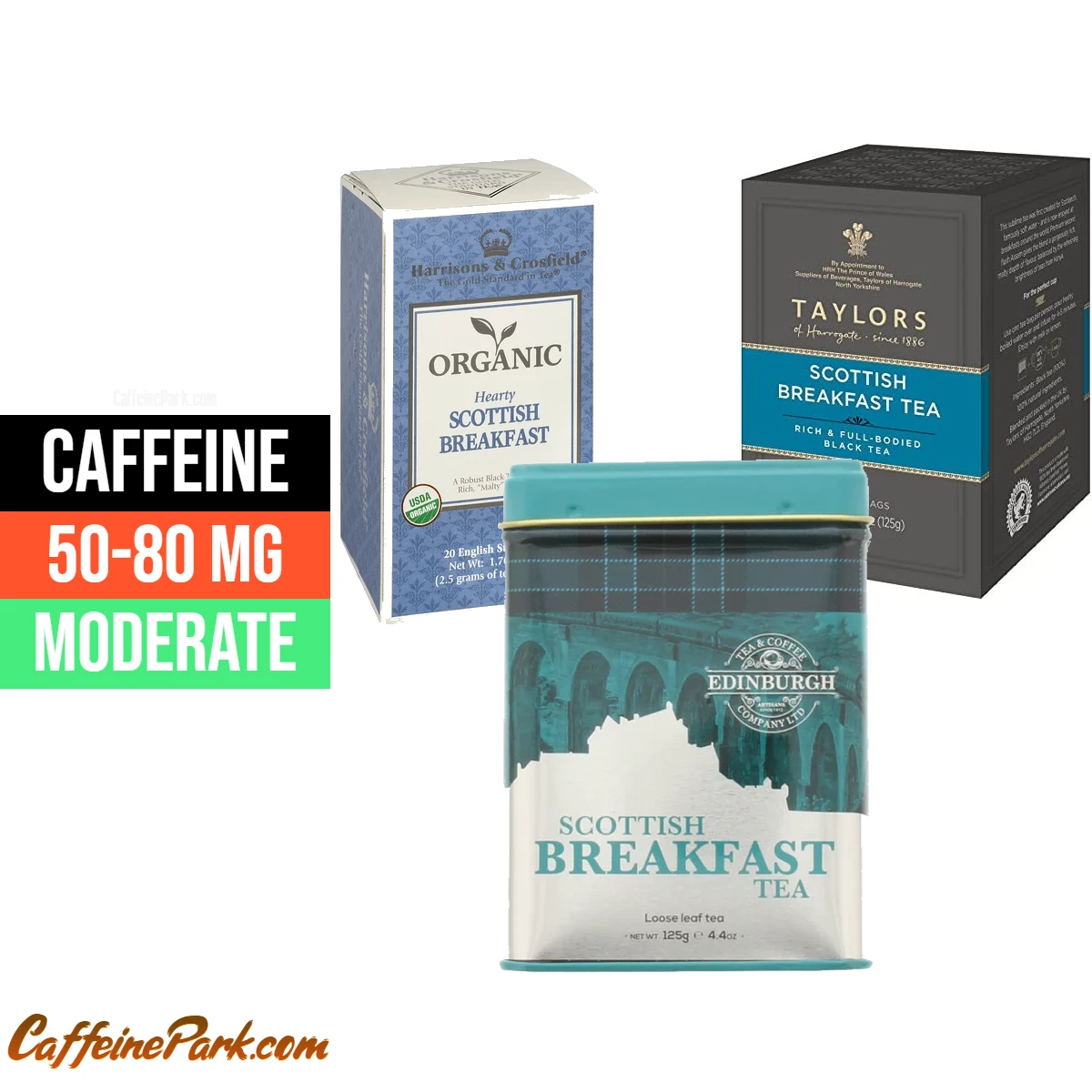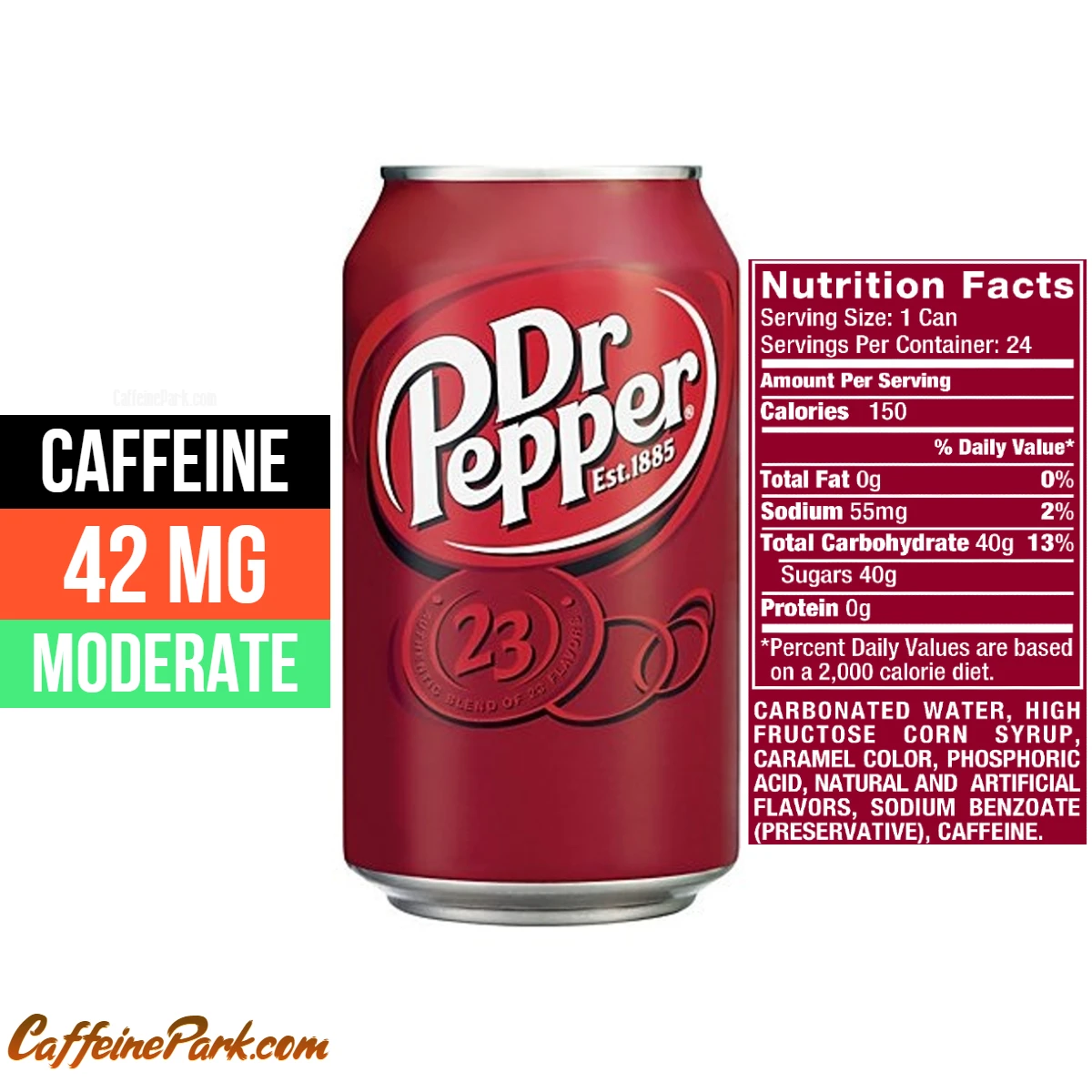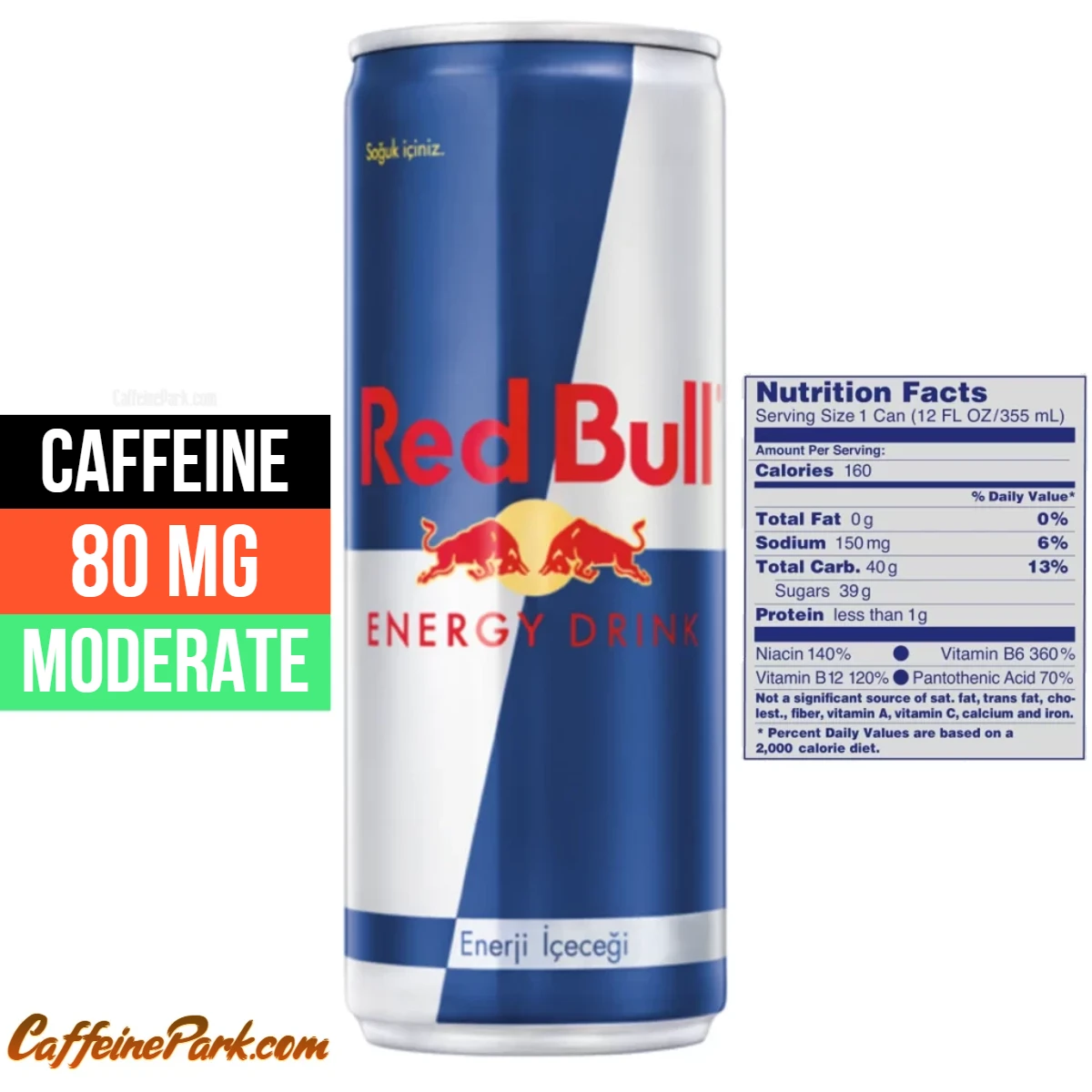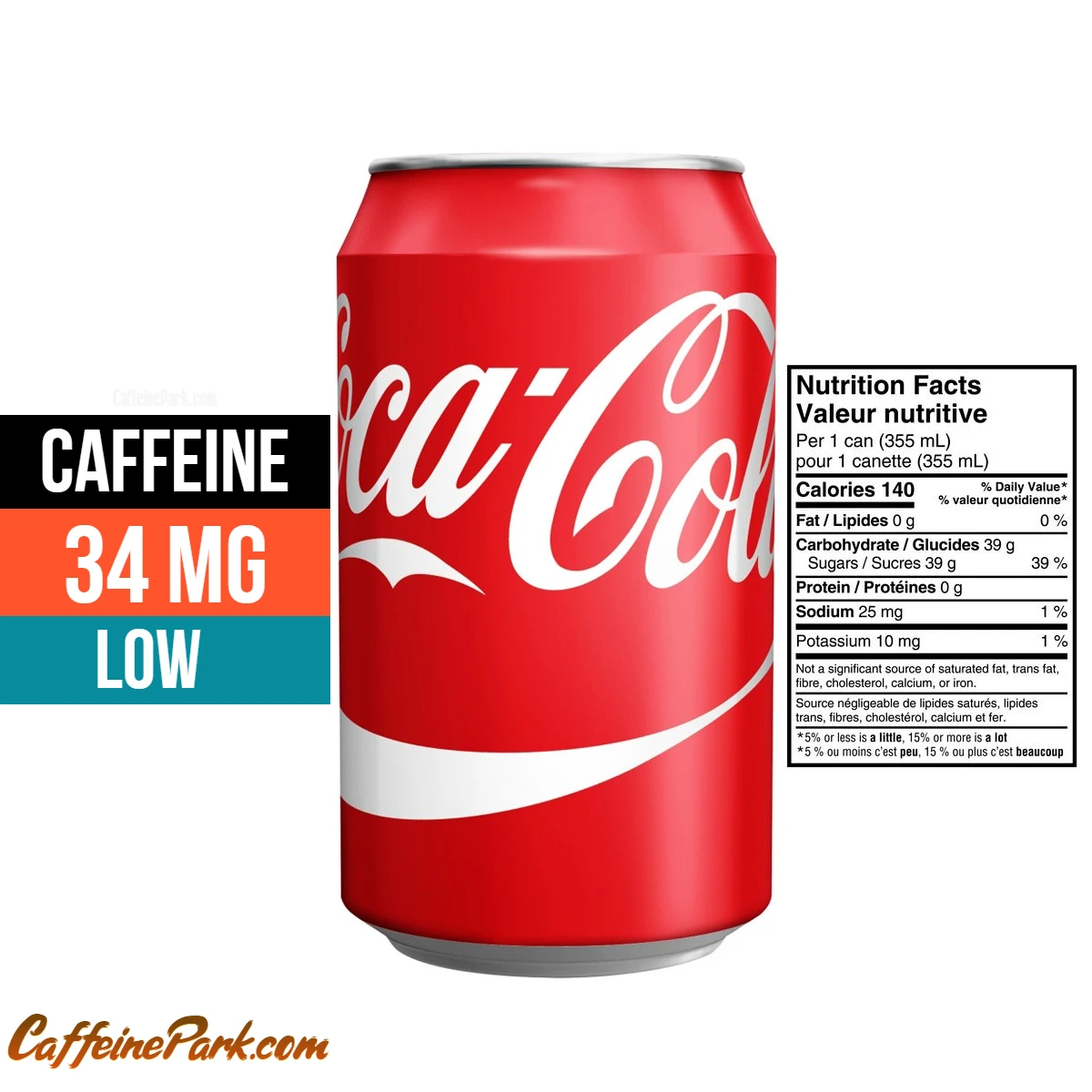Scottish Breakfast Tea Caffeine Content

Welcome, tea lovers! Today, let’s talk about one of the most popular tea blends in the world – Scottish Breakfast tea. Many tea drinkers prefer it over other tea blends because of its strong flavor and robust aroma. But one thing that often gets overlooked is the caffeine content of Scottish Breakfast tea. In this article, we will explore the caffeine content of Scottish Breakfast tea and answer some common questions about its effects.
What is Scottish Breakfast tea?
Scottish Breakfast tea is a type of black tea blend that is made by combining different types of black teas. The exact blend of teas used can vary from brand to brand, but typically Scottish Breakfast tea contains Assam, Ceylon, and Kenyan teas. These teas are known for their strong flavor and robust aroma, making Scottish Breakfast tea a popular choice for people who like a bold cup of tea in the morning.
How Much caffeine is in Scottish Breakfast tea?
Like all types of tea, Scottish Breakfast tea contains caffeine. The exact amount of caffeine in a cup of Scottish Breakfast tea can vary depending on factors such as the type of tea used in the blend, the brewing time, and the amount of tea used. However, on average, a cup of Scottish Breakfast tea contains around 50-80 mg of caffeine per 8-ounce cup.
Here is a chart showing the average caffeine content of Scottish Breakfast tea based on cup size:
| Cup Size | Caffeine Content |
|---|---|
| 8 oz | 50-80 mg |
| 12 oz | 75-120 mg |
| 16 oz | 100-160 mg |
It’s important to note that these are general estimates and the actual caffeine content may vary based on the specific brand and brewing method. Additionally, individual caffeine sensitivity can also play a role in how the body responds to a Scottish Breakfast tea.
Compare Scottish Breakfast tea Caffeine
- Black tea, like Scottish Breakfast tea, typically contains around 47 mg of caffeine per 8-ounce cup.
- Green tea, on the other hand, generally contains less caffeine than black tea, with an average of 20-50 mg per 8-ounce cup.
- Herbal teas, which are made from a variety of plants and do not contain tea leaves, are typically caffeine-free.
- In comparison to coffee, Scottish Breakfast tea has less caffeine. An 8-ounce cup of brewed coffee contains around 95 mg of caffeine on average, which is more than double the amount found in a cup of Scottish Breakfast tea.
Effects of caffeine on the body
Caffeine is a stimulant that affects the central nervous system. When you consume caffeine, it blocks the action of adenosine, a neurotransmitter that makes you feel tired. This leads to increased alertness, concentration, and energy. However, caffeine affects everyone differently, and some people may experience negative side effects such as jitters, anxiety, and insomnia.
It’s also important to note that caffeine has a half-life of around 5-6 hours, which means that half of the caffeine you consume will still be in your system after 5-6 hours. This is why it’s recommended to avoid consuming caffeine late in the day, as it can interfere with sleep.
Conclusion
Scottish Breakfast tea is a popular black tea blend known for its strong flavor and robust aroma. It contains caffeine, with an average of 50-80 mg of caffeine per 8-ounce cup. While this is slightly less caffeine than coffee, it’s still enough to provide a boost of energy in the morning. However, it’s important to be mindful of your caffeine intake and to avoid consuming too much, as this can lead to negative side effects.
If you enjoy Scottish Breakfast tea but are looking to reduce your caffeine intake, there are decaffeinated versions available. These teas are made using a process that removes most of the caffeine, while still preserving the flavor and aroma of the tea.
In conclusion, Scottish Breakfast tea is a delicious and invigorating tea blend that can provide a welcome pick-me-up in the morning. While it does contain caffeine, it’s important to consume it in moderation and to be mindful of your individual caffeine sensitivity. So go ahead and enjoy a cup of Scottish Breakfast tea – just be sure to listen to your body and consume it in a way that works best for you.
Alternative to Scottish Breakfast tea
If you’re looking for an alternative to Scottish Breakfast tea, there are several other types of black tea blends that you may enjoy. Here are a few options to consider:
- English Breakfast tea: This is a popular black tea blend that is similar to Scottish Breakfast tea in terms of its strong flavor and caffeine content. English Breakfast tea is typically made with a blend of Assam, Ceylon, and Kenyan tea leaves.
- Irish Breakfast tea: Another black tea blend, Irish Breakfast tea is known for its bold flavor and high caffeine content. It’s typically made with a blend of Assam and Kenyan tea leaves.
- Darjeeling tea: This is a black tea that is grown in the Darjeeling region of India. It has a more delicate flavor than Scottish Breakfast tea and a lower caffeine content, but it’s still a great option for black tea lovers.
- Earl Grey tea: This is a black tea that is flavored with bergamot oil, which gives it a unique citrusy flavor. Earl Grey tea typically has a lower caffeine content than Scottish Breakfast tea, but it’s a good option if you’re looking for a flavored black tea.
Ultimately, the best alternative to Scottish Breakfast tea will depend on your personal taste preferences. It may be helpful to try out a few different types of tea to find the one that you enjoy the most.
FAQs
While there are decaffeinated versions of Scottish Breakfast tea available, the standard version of Scottish Breakfast tea contains caffeine.
Scottish Breakfast tea is known for its strong flavor and robust aroma, but this doesn’t necessarily mean that it contains more caffeine than other types of tea. The caffeine content of tea can vary depending on the type of tea used and how it’s brewed.
The amount of Scottish Breakfast tea you can safely consume in a day depends on your individual sensitivity to caffeine. As a general guideline, it’s recommended to limit caffeine intake to no more than 400 mg per day, which is equivalent to around 5-6 cups of Scottish Breakfast tea.
It’s generally recommended to limit caffeine intake during pregnancy and breastfeeding, as high levels of caffeine have been linked to negative effects on fetal growth and development. If you’re pregnant or breastfeeding, it’s best to talk to your healthcare provider about how much caffeine is safe for you to consume.
Read More:





